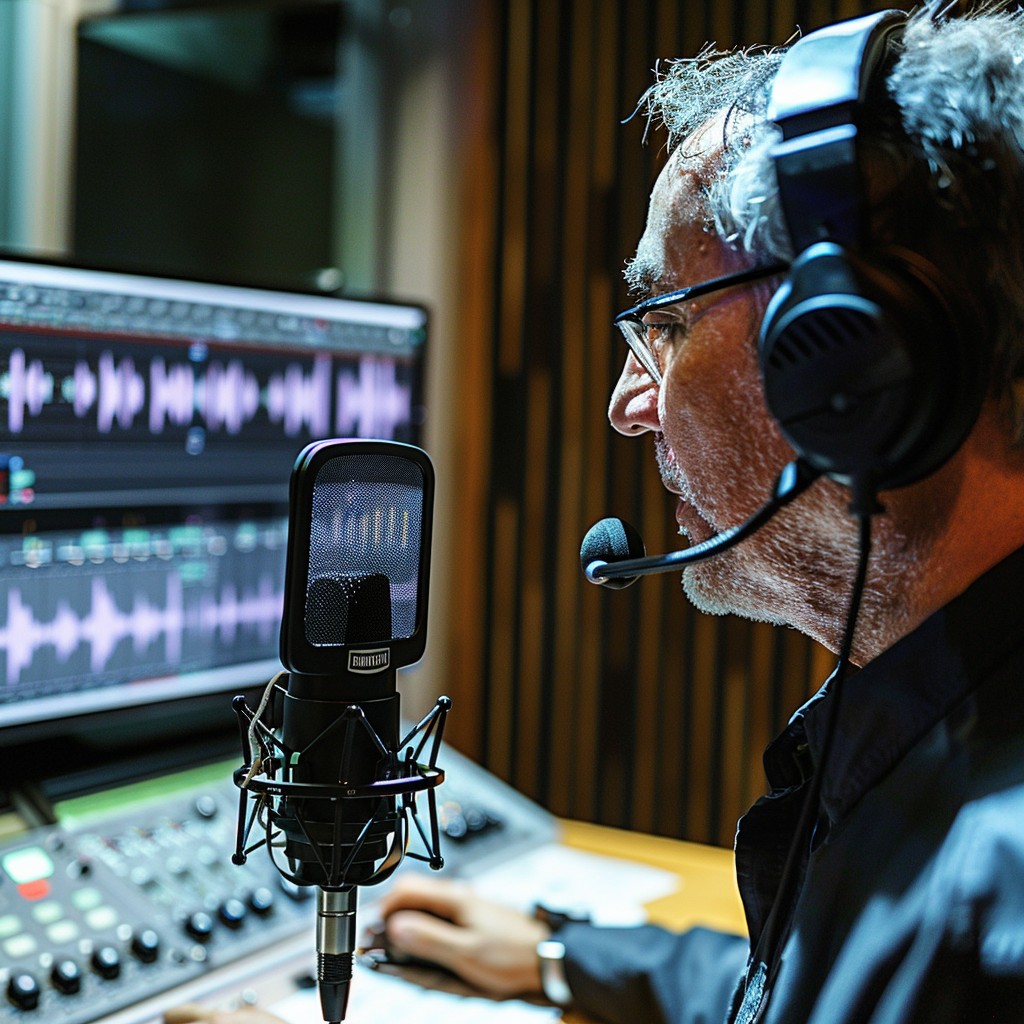
Ham
Radio: A Unique and Engaging Coping Tool
Ham
radio, also known as amateur radio, is a fascinating hobby that offers
numerous mental health benefits. At Waiting 4 Sunshine, we appreciate
the joy and fulfillment that come from this unique pastime. With my
Amateur Extra license, I’ve found that ham radio is not only a fun and
engaging activity but also a powerful tool for coping with stress and
maintaining mental well-being.
The
Benefits of Ham Radio
Ham
radio provides a variety of benefits that can positively impact your
mental health:
- Social
Connection:
Ham radio allows you to connect with people from all over the world,
fostering a sense of community and reducing feelings of isolation.
- Cognitive
Stimulation:
Operating a ham radio requires problem-solving skills, technical
knowledge, and quick thinking, all of which keep your mind sharp and
engaged.
- Stress
Relief: The immersive nature of ham radio can serve as a
distraction from daily stressors, providing a relaxing and enjoyable
escape.
- Skill
Development: Learning and mastering the technical
aspects of ham radio can boost your confidence and provide a sense of
accomplishment.
- Emergency
Preparedness:
Being part of the ham radio community often involves participating in
emergency communications, which can give you a sense of purpose and
contribution to society.
Getting
Started with Ham Radio
Starting
your journey in ham radio is exciting and rewarding. Here are the steps
to help you get started:
-
Understand
the Basics:
- Ham
radio involves using designated radio frequencies for non-commercial
exchange of messages, wireless experimentation, and emergency
communication.
- Operators,
known as hams, use a variety of equipment, including radios, antennas,
and computers.
-
Obtain
a License:
- In
most countries, you need a license to operate a ham radio. The
licensing process typically involves passing an exam that tests your
knowledge of radio theory, regulations, and operating practices.
- There
are different license levels, each granting access to different
frequency bands and modes. In the U.S., the levels are Technician,
General, and Amateur Extra.
-
Join
a Community:
- Joining
a local ham radio club or online community can provide support,
resources, and camaraderie. Clubs often offer study groups, equipment
advice, and opportunities to participate in events.
-
Set
Up Your Station:
- Start
with basic equipment: a transceiver (radio), antenna, and power supply.
As you gain experience, you can expand and upgrade your setup.
- Learn
about different modes of communication, such as voice (SSB), Morse code
(CW), and digital modes (FT8, PSK31).
-
Start
Communicating:
- Begin
by listening to other hams to get a feel for the communication style
and protocols. When you’re ready, start making contacts and enjoy the
experience of talking to fellow enthusiasts around the world.
Ham
Radio Activities
Ham
radio offers a wide range of activities to keep you engaged and
entertained:
- DXing:
The practice of making long-distance contacts with other hams in
different countries. DXing can be a thrilling challenge and a way to
learn about different cultures.
- Contesting:
Participating in radio contests, where operators compete to make the
most contacts within a specific time period. Contesting can be intense
and highly rewarding.
- Field
Days:
Events where hams set up portable stations in outdoor locations to
practice emergency communications and socialize with other operators.
- Public
Service:
Providing communication support for local events and emergencies. This
can give you a sense of purpose and community involvement.
- Satellite
Communication: Using amateur radio satellites to make
contacts. This aspect of ham radio combines technical knowledge and
space communication.
Resources
Here
are some resources to help you delve deeper into the world of ham radio:
- ARRL
(American Radio Relay League): The national association for
amateur radio in the U.S., offering resources, licensing information,
and community support.
- QRZ.com:
A popular website with a vast database of amateur radio callsigns,
forums, and resources.
- Ham
Radio Subreddit: An online community where hams share
experiences, ask questions, and offer advice.
- eHam.net:
A website with reviews, forums, and articles about ham radio equipment
and practices.
- Exploringhamradio.net:
A website that has a lot of great information about ham radio for
beginners, and advanced users alike
- thesmokinape:
You Tube Channel, provides both beginner and advanced
information about ham radio. Excellent resource
Ham
radio is a captivating hobby that offers both enjoyment and mental
health benefits. At Waiting 4 Sunshine, we celebrate the diversity of
coping tools available, and ham radio is a wonderful addition to
anyone’s repertoire. Whether you’re looking to connect with others,
challenge your mind, or simply relax, ham radio can be a fulfilling and
enriching experience.
|

